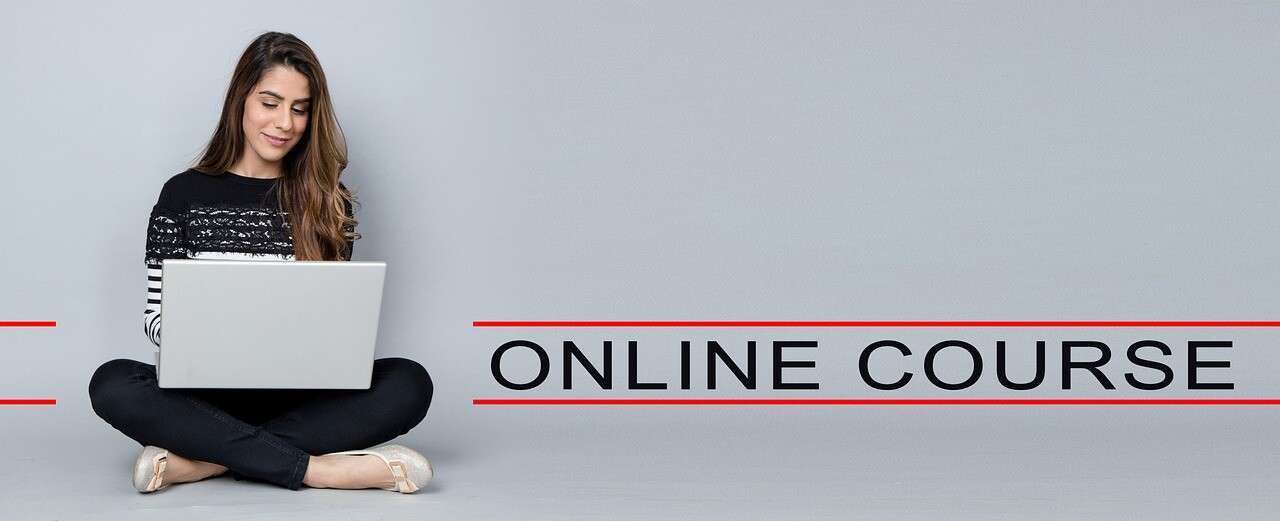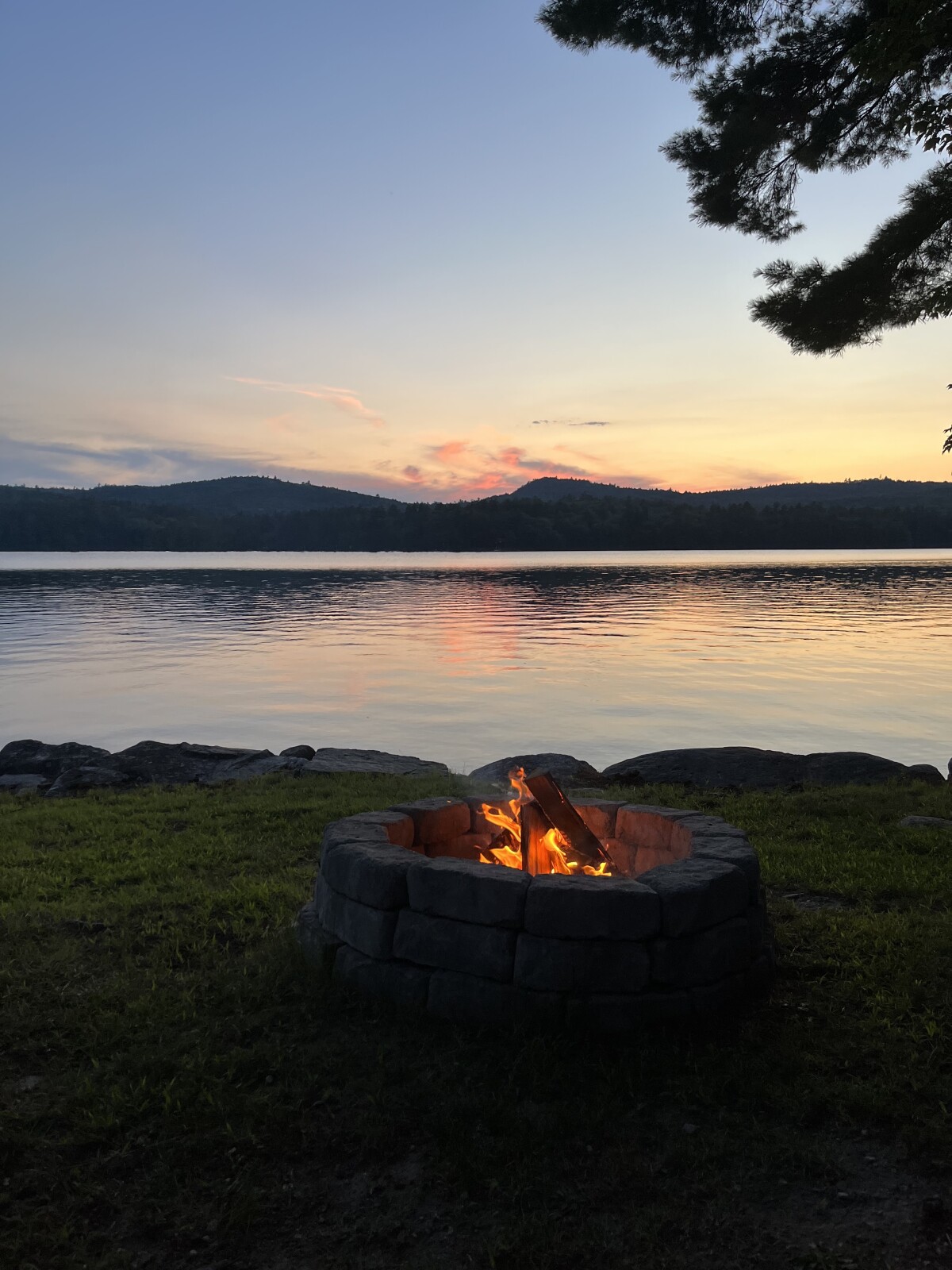
I was today years old when I learned there is an official World Health Organization definition of self-care:
“Self-care is the ability of individuals, families and communities to promote health, prevent disease, maintain health, and cope with illness and disability with or without the support of a health worker.”
“Self-care recognises individuals as active agents in managing their own health care, in areas including health promotion; disease prevention and control; self-medication; providing care to dependent persons, and rehabilitation, including palliative care.” (WHO website)
The magazines show the self-care on the “unwind” side of things. The hot baths and tea and chocolates. The slippers by the fireside and hygge and ahhh letting go.
But at the core, self-care is the vanguard. It’s supplements and sleep. Eating the dang cobb salad four days this week because your body needs protein over processed carbs. Pulling out the yoga mat to stretch the tense muscles when your brain says to collapse on the couch and scroll videos.
Emotionally, self-care is sending the rest of the household off on a day trip so you can dig in and clear the backlog of paperwork, because it’s been weighing heavy, and a healthy business is key to life goals.
It’s listing the priorities and making sure you get the big rocks in the jar. (Don’t know that analogy? Here's a quick video - 3 minutes, you need to see it.)
Even the fun stuff is effort. Getting up early to join others singing in the grove on a Sunday, because it’s so good and important to raise voices together. Traveling to eat and swim and (again) sing together in the waning days of summer and capping the day with fireside chats (picture above); because while it leaves you tired, it’s that best kind of tired.
Self-care does best with systems. It turns out fall is a common time of year to start new or polish up existing routines. I know this is when I often check myself because as the dark hours take over here in the north, I feel the end of harvest. It’s still hot and bright but we know it’s on the way out, and soon we’ll be living on our stores until spring.
I’m looking now at my big rocks. Do you have some that fell by the wayside? Do you need help making sure there’s room in the jar?

I'm at the stage of “August got me” again this year. I have a couple of stretches each year that I think of as my “treadmill” times – I’m walking and there’s no stop button for about a month, just More and More and More and Keep Going!
Total honesty, this is because of things I have put on my own calendar and absolutely do not want to take off. But as we all know, wanting to do all the things does not make them any less exhausting. My ability to soak up all that our short summer offers and stay rested is a work in progress
In 2018 – 2019 we had a six month stretch of So Much Loss. Five deaths of family and friends. Two were very untimely, people in their 40s, one from cancer and one from depression. In the middle of all of this, the family home of over 50 years was sold, releasing an anchor that had been there all my life.
I barely kept my head above water at work. I had to miss performing in two chorus concerts in a row and then was back in just one time before COVID shut that down for two years.
There’s nothing like deep and repeated grief to give a person reason to think about everything. It was in this time that I decided my new mantra would be:
whenever possible, say yes.
Yes to travel; to time with loved ones that we’d been “too busy” to see more than briefly; to spontaneous adventures and pushing myself to see if I was “really too tired” for after work outings. Yes to staying up late to try to spot meteors; to getting up early to climb the hill; to more weekend plans when my nature is to retreat to the quiet home.
I do not regret a single one of the things above I said “yes” to.
As time has passed, my thoughts about “yes” have progressed. I began to say yes to more physical needs: meditating every day, investing in the Peloton treadmill, room in the budget for supplements that made me realize how far I was pushing my body without giving myself what I need to thrive.
I started this blog because I found myself saying the same things so many times at work, I figured others probably need to hear them as well. I wasn’t sure who I was writing for, other than myself because writing is a great way to refine what I’m thinking.
As we approach the three-year anniversary of the beginning of that hard season, I know that I want others to benefit from how I’ve learned to say yes.
My website name has been changed to align with my mission: to help you declare Your Time For Yes. Specifically, yes to self-care and intentional living. Caring for your body today so it can keep you adventuring for as long as possible. Caring for your emotions through community and connection. Caring for your spirit because unfortunately there is no doubt that hard times will come and when that happens, having something to guide and buoy us helps immensely.
So stay tuned, I’m here to nudge, urge, and cheer you to your Yes.
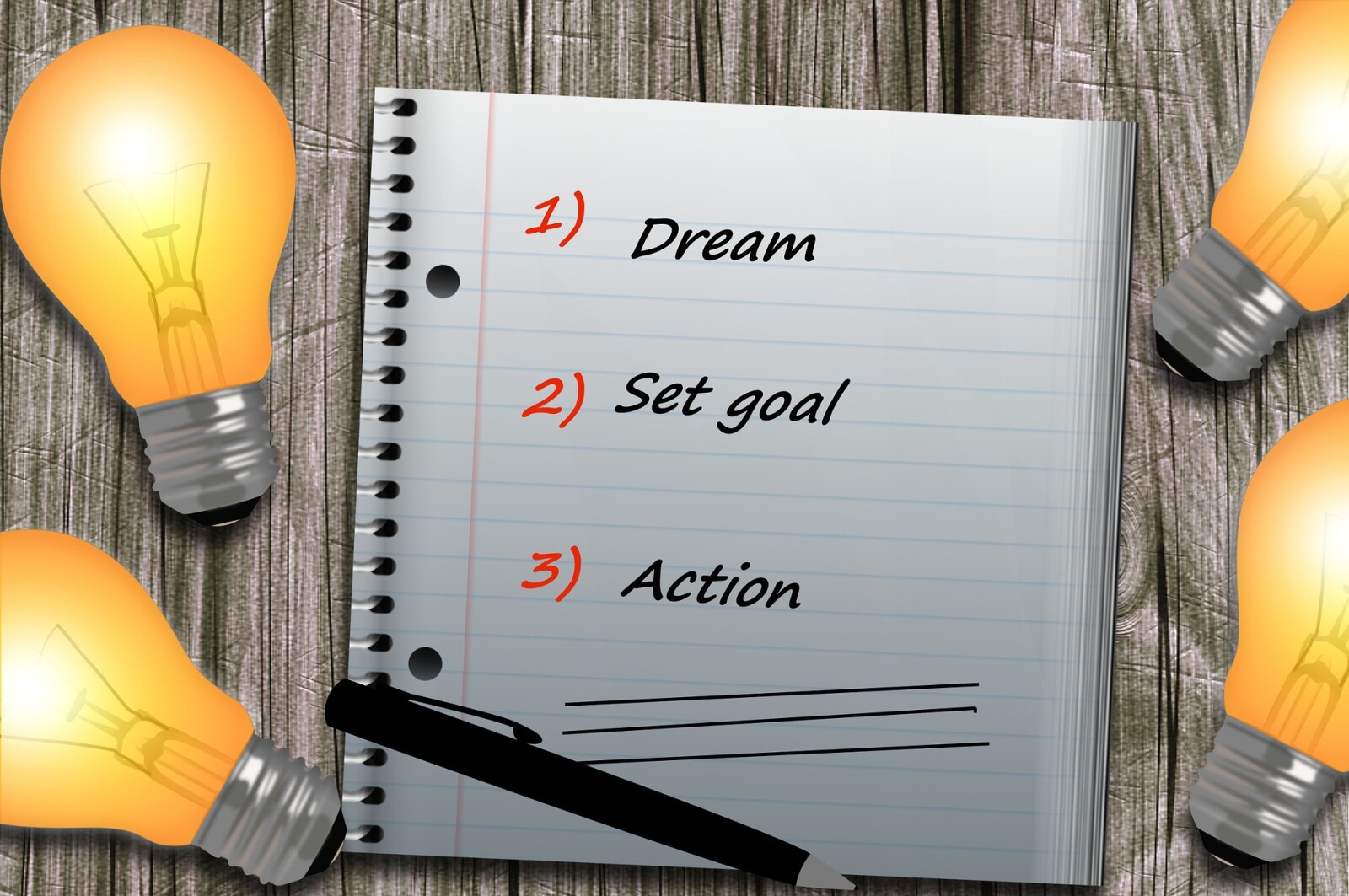
I’m a bit of a self-improvement junkie. I love reading about strategies to make life better. Many of the things that can bring on improvement are very simple, but that does not mean easy.
A book I read a few years back has stuck with me because it teaches about our own tendencies and how what works for one person may be the opposite of what works for someone else.
Gretchen Rubin wrote The Four Tendencies when she realized that how people react to expectations is a key part of whether or not we meet them. She grouped people into four categories: Upholder, Questioner, Rebel, and Obliger. Take her quiz here to find out where you land.
When I learned I was in the Obliger category and that I do best with external accountability, I had a big “aha” moment. Obligers can keep commitments if it we believe it impacts others but find it harder if we believe it only impacts ourselves. This is why “just schedule your day” to include the goals we have for ourselves isn’t the easy answer all the time management gurus say it is. “Put it on your calendar as an appointment” won’t necessarily make me keep that appointment if I believe no one else will be harmed if I bail.
Notice I said above “if we believe.” Because I think that is the crux – and the golden ticket. If I can feel in my core that someone else needs me to do something, I will make it happen, good or bad. In recent years I’ve been doing good work evaluating if the commitments I’ve been keeping are serving others. I’m letting myself think before making them and even after I’ve said yes.
All this is to say I have some habits I’ve drifted away from, and I know I will do best if someone else is counting on me.
What tendency group are you in? If you are an Obliger, how do you create accountability for yourself especially for things like self-care?
Do you need/want an accountability partner or group?
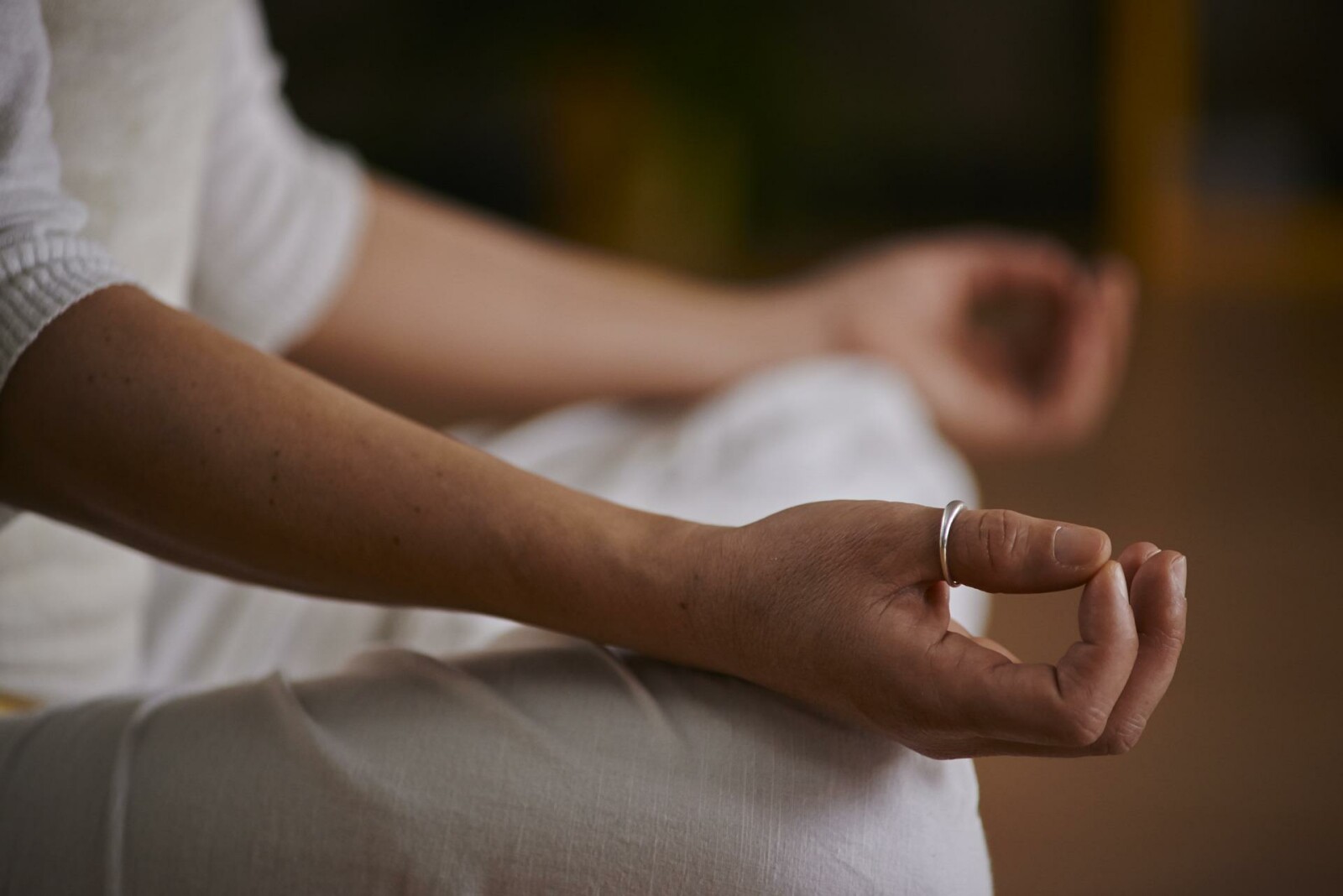
I just hit my 700 days of meditation streak!
 If you’ve considered starting a practice, there are many good reasons, and I will cover that in another post. Today I want to share my favorite resources.
If you’ve considered starting a practice, there are many good reasons, and I will cover that in another post. Today I want to share my favorite resources.The app I use now is Insight Timer. They have an extensive selection of free tracks, searchable by topic, teacher, how much time you have…it’s robust.
If you have the ability though, I have loved the paid version. It unlocks the courses feature, where you can do 5, 10, 31-day series on just about everything. Some are more like a lecture, others a hypnotic guided imagery experience. Especially these past two years, I’ve found that getting a deeper dive and continuity has been a craving I needed to indulge.
My other favorite, particularly for beginners, is Headspace
I like this one because of the lessons on just what this whole mindfulness thing is about. With animated introduction, the teacher Andy beautifully distills the purpose and goals of mindfulness practice.
There’s even a short Netflix series by Headspace if you want to check it out before downloading the smartphone app.
It’s been a while since I used the Headspace app myself, and there is a paid version as well, but I admit I don’t know what’s on offer there. Several clients really like it though.
Last one is Ten Percent Happier by Dan Harris. He’s got an absorbing story (he got into meditation as part of his recovery, and after having a panic attack on air while delivering the evening news!) and uses his reporting skills to interview teachers and meditators for real life stories of their practice. His platforms include a podcast and an app as well.
No matter which one you choose, I absolutely think it is worth investing in the paid versions.
Do you use one of these, or another? What do you like about it, how did you choose it?
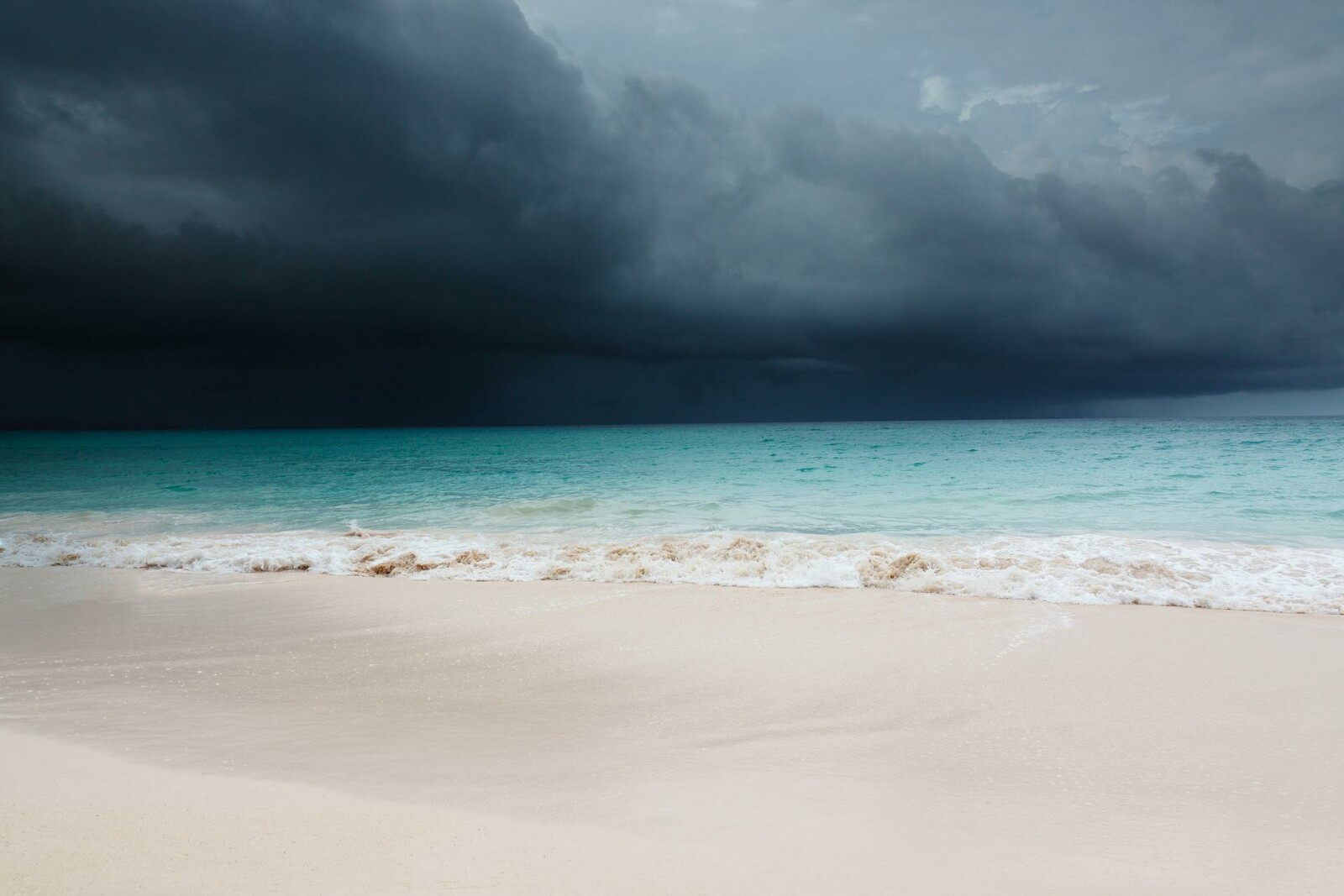
In my recent posts I’ve been focusing on some coping skills for managing emotions.
Just like the best time to plant a tree is 30 years ago, the best time to learn these skills is days, weeks, months before you need them.
When I went to with Amy Weintraub's workshop that I wrote about last week, she asked us to go home and practice the skills for at least a month, noting our own reactions to the different breath styles. (Some people have opposite reactions – what is relaxing to one person is stimulating for another.)
When stress response is intense (courtesy of the amygdala), the part of the brain that consolidates memory (the hippocampus) can’t do its job very well. Under extreme stress/trauma, it’s likely to “misfile” information or even add things that don’t belong. Some good stuff here about how these brain structures interact.
If you need something NOW, please check out my nervous system reset guide. And if your world is particularly stormy, please be gentle with yourself and know it's okay to wait for it to pass.


